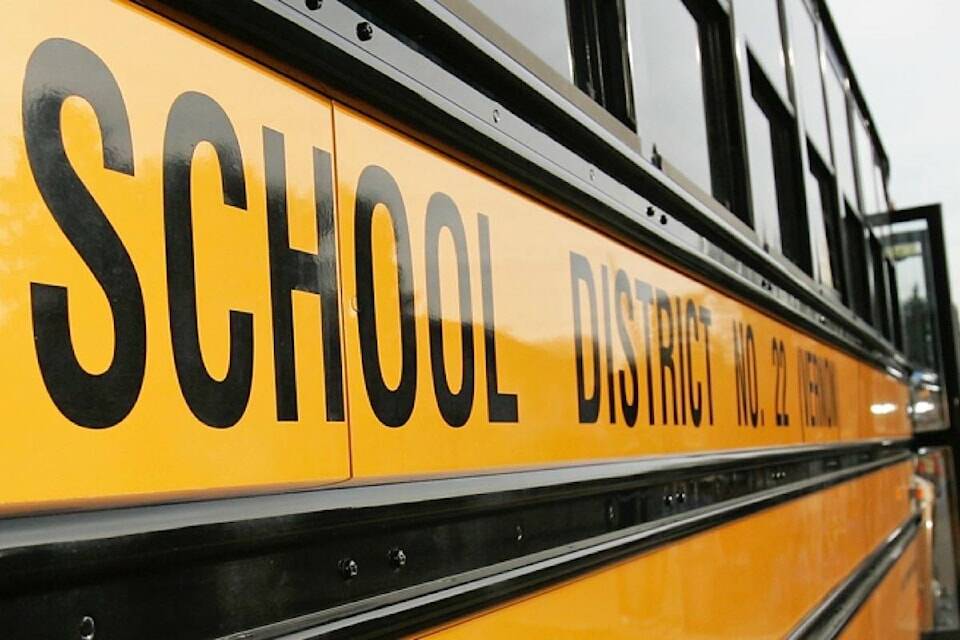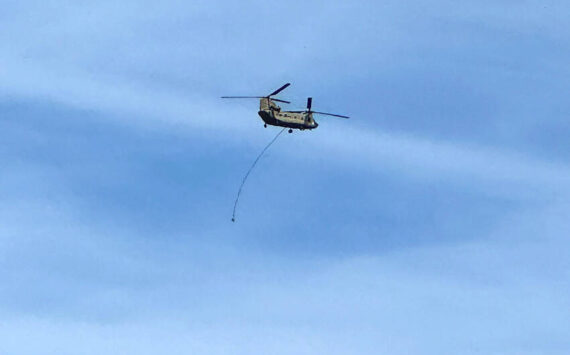OLYMPIA – An innovative program run by the Washington Department of Natural Resources to restore forest health will distribute $6,551,212 of funds to state trust beneficiaries to support statewide services including K-12 Schools.
DNR generates more than $250 million each year through the management of trust lands, which are required to generate revenue to support schools, colleges, and critical local services across Washington state. That revenue comes from sustainable forest management, agricultural leases, clean energy leases, and commercial real estate leases.
The Forest Health Revolving Account was created to support less financially productive trust lands, largely in Eastern Washington, by mitigating risks posed by insect damage, wildfires, and disease. The account allows DNR to perform forest health treatments that reduce risks posed to the forests and surrounding communities.
“Our Forest Health Revolving Account is just one example of our agency’s commitment to not only the people of Washington, but also to responsible management of our forests, and support of our public services statewide” said Commissioner of Public Lands Hilary Franz. “This distribution is a win for our beneficiaries, and the investments in forest health are a win for the surrounding communities and our trust lands.”
Revenue garnered from forest health treatments goes back to the Forest Health Revolving Account to fund future treatments. Per RCW 79.64.130, any unobligated amount exceeding $10 million at the end of the calendar year is distributed to beneficiaries. 2023 marks the 3rd distribution to beneficiaries since the start of the program in 2017. For calendar year 2022, DNR distributed $9,571,200 to schools and universities. The agency distributed $5,067,781 in 2021.
For more information on DNR’s forest health treatment programs and their impact on education, please visit dnr.wa.gov/beneficiaries.






